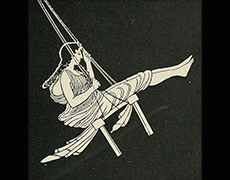
Ancient Athens is often romanticized as the birthplace of democracy and a hub of culture and learning. However, as with any society, there were also disturbing facts about the people who lived in Athens.
Here are five such facts:
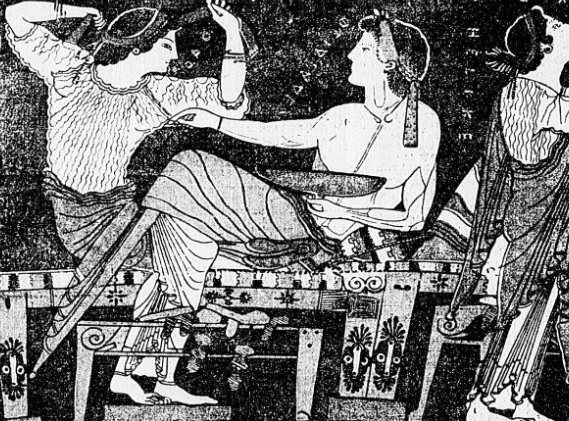
1. Slavery was a widespread practice in Athens
Slavery was an integral part of Athenian society, and it is estimated that one-third of the city’s population were slaves. Slaves were often acquired through warfare, and were considered to be property rather than people. They had no rights and were forced to work for their masters without pay.
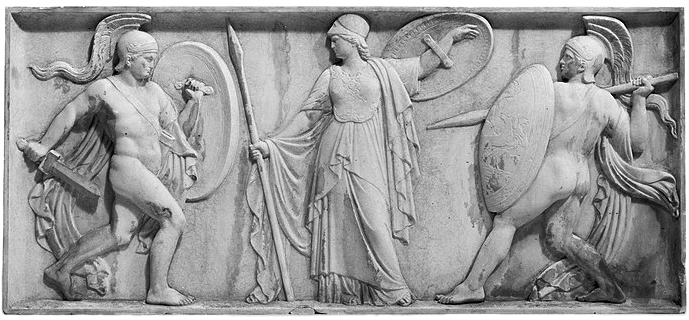
2. Women were excluded from political life
Despite Athens’ reputation as the birthplace of democracy, women were not allowed to participate in political life. They were not allowed to vote, hold public office, or even attend the Assembly, the main democratic institution in Athens. Women were confined to the domestic sphere and were expected to devote themselves to their families.
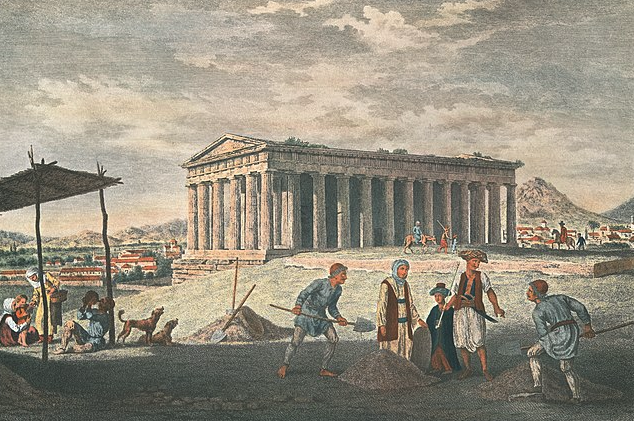
3. Infanticide was a common practice
Infanticide, the practice of killing newborn infants, was a common practice in Athens. This was especially true for female infants, as they were seen as less valuable than male infants. Infanticide was not illegal, and was even encouraged in some cases. This was because Athens had a limited amount of resources, and it was believed that infanticide could help to control the population.
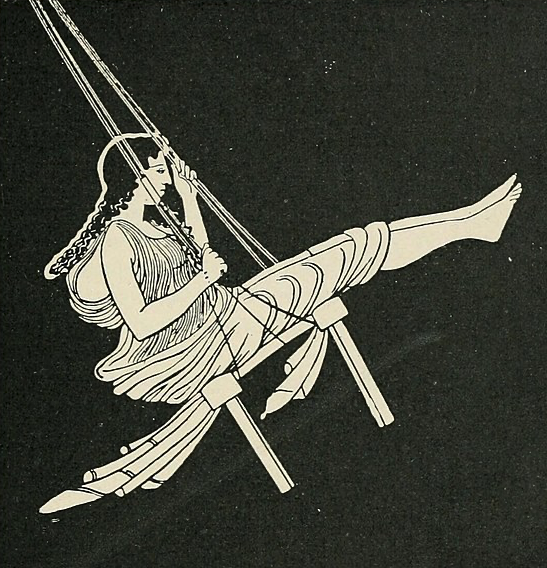
4. Homosexuality was accepted, but only between men of different social classes
Homosexuality was accepted in Athens, but only between men of different social classes. It was considered acceptable for an older, wealthier man to have a sexual relationship with a younger, poorer man. However, relationships between men of the same social class were frowned upon.
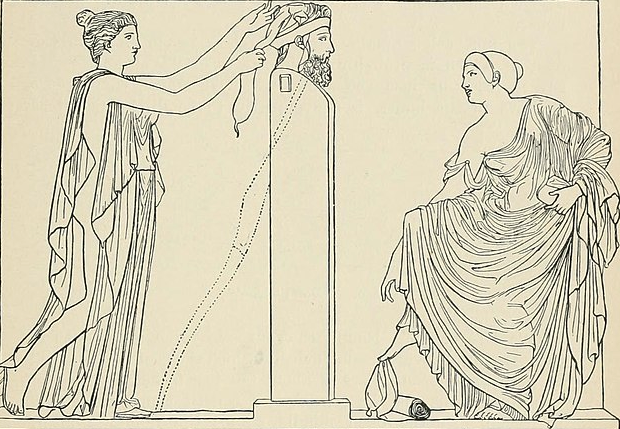
5. The death penalty was used for a wide range of crimes
The death penalty was used frequently in Athens, and it was used for a wide range of crimes. These included murder, theft, and even impiety (disrespect towards the gods). The method of execution varied, but the most common method was death by hemlock, a poisonous plant.

